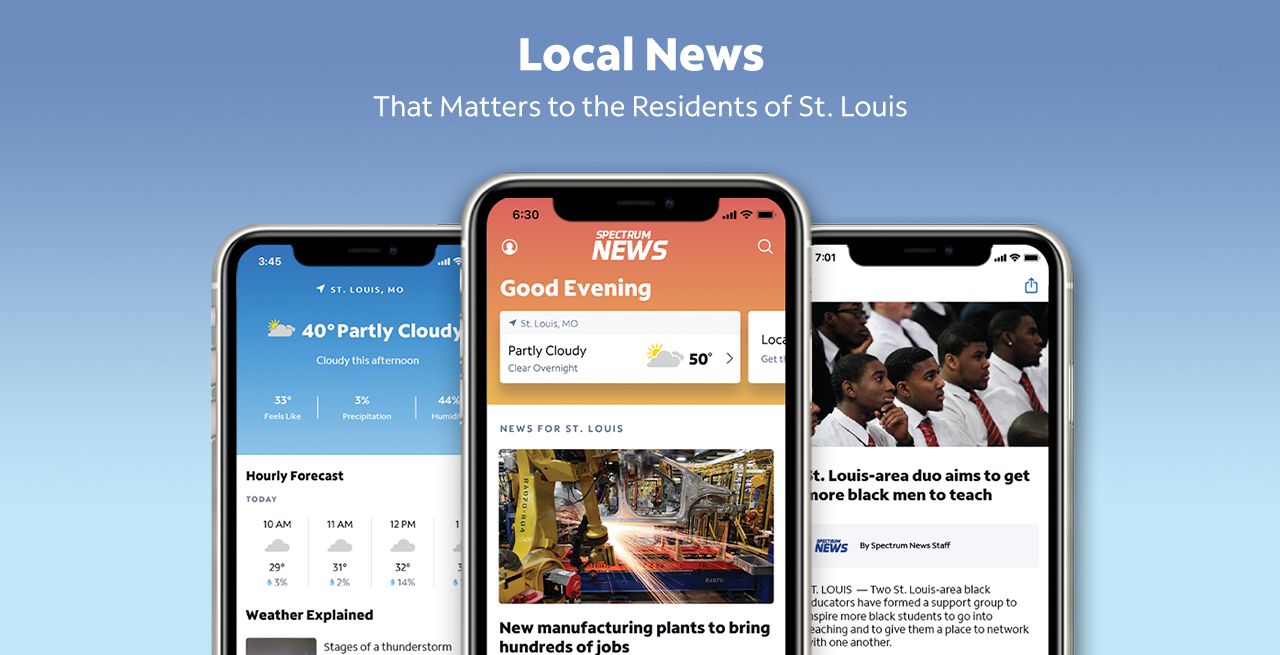All About Local News Online
Table of ContentsThe smart Trick of Local News Online That Nobody is Talking AboutWhat Does Local News Online Do?The Definitive Guide to Local News OnlineFascination About Local News OnlineSome Known Factual Statements About Local News Online Some Known Details About Local News Online
The variety of times a short article obtains shared on matters for lobbyists, political leaders, authors, online-publishers and marketers. They hence have an interest in knowing the variety of shares, ideally even anticipating it prior to the article is being published. With brand-new approaches of such as it is possible to gain understandings right into the core characteristics of a post.Said "dataset about online news popularity". is composed of 39,644 monitorings and 60 feasible features, that have been collected over two years from 2013 to 2015. The functions contain variables defining words, web links, electronic media, time, keyword phrases, understandings from and the variety of article shares. With the dataset being publicly available, a fair amount of data analysis has been carried out.
30 November 2020. The verdict is, that the typical keyword phrases within a short article and the ordinary popularity of said keywords have the best influence on the amount of shares an article obtains.

Excitement About Local News Online
Silberman, Steve (17 March 1997).
BBC Information. Bench Study Center's Journalism Project. Reuters Institute Digital Information Record 2013.
This year's record is available in the middle of a global health and wellness pandemic that is extraordinary in modern times and whose economic, political, and social repercussions are still unraveling. The seriousness of this dilemma has actually enhanced the requirement for trustworthy, accurate journalism that can educate and educate populaces, but it has additionally reminded us exactly how open we have actually ended up being to conspiracy theories and misinformation.

The Buzz on Local News Online
Journalism matters and remains in need again. One trouble for authors is that this additional passion is creating also much less revenue as advertisers support for an inescapable recession and print earnings dips. Against this history it is likely we'll see an additional drive in the direction of digital membership and other visitor payment designs which have shown substantial guarantee in the last couple of years.
At the same time, the usage of online and social networks considerably boosted in most countries. WhatsApp saw the largest growth generally with increases of around ten portion factors in some countries, while majority of those surveyed (51%) used some type of open or shut online group to link, share information, or participate in a regional assistance network.
Media count on was greater than two times the degree for social media networks, video clip systems, or messaging services when it concerned details about COVID-19. From our broader dataset collected in January: International click for info concerns concerning misinformation remain high. Even before the coronavirus dilemma hit, majority of our international example said they were concerned about what holds true or false on the net when it involves information.
An Unbiased View of Local News Online
In our January poll across nations, much less than four in ten (38%) claimed they rely on most news the majority of the time a fall of 4 percent points from 2019. Less than fifty percent (46%) claimed they rely on the information they use themselves. Political polarisation connected to increasing uncertainty seems to have actually weakened trust in public broadcasters in certain, which are shedding support from political upholders from both the right and the.
Partisan preferences have actually a little boosted in the United States because we last asked this concern in 2013 however even here a quiet majority seems to be searching for information that at the very least attempts to be objective. As the information media adjust to changing designs of political communication, the majority of people (52%) would certainly favor them to prominently report incorrect declarations from politicians as opposed to not stress them (29%).
We have seen substantial rises in repayment for online news in have a peek at these guys a variety of countries including the United States 20% (+4) and Norway 42% (+8 ), with smaller sized surges in a variety of other markets. It is necessary to note that throughout all countries the majority of people are still not paying for on the internet news, even if some publishers have actually considering that reported a 'coronavirus bump'.
A Biased View of Local News Online
Subscribers believe they are improving details. However, a big number of people are completely material with the information they can access free of cost and we observe a very high proportion of non-subscribers (40% in the USA and 50% in the UK) who say that nothing might convince them to pay.
Accessibility to information remains to come to be extra dispersed (Local News Online). Throughout all nations, simply over a quarter (28%) favor to begin their information journeys with a web site or application. Those aged 1824 (so-called Generation reference Z) have an also weak connection with websites and apps and are greater than twice as likely to choose to gain access to news via social media
To counter the relocate to numerous systems, publishers have been looking to construct direct connections with customers using e-mail and mobile notifies. In the United States one in 5 (21%) gain access to a news e-mail weekly, and for nearly half of these it is their main way of accessing information. Northern European nations have been a lot slower to embrace email information channels, with only 10% making use of email information in Finland.